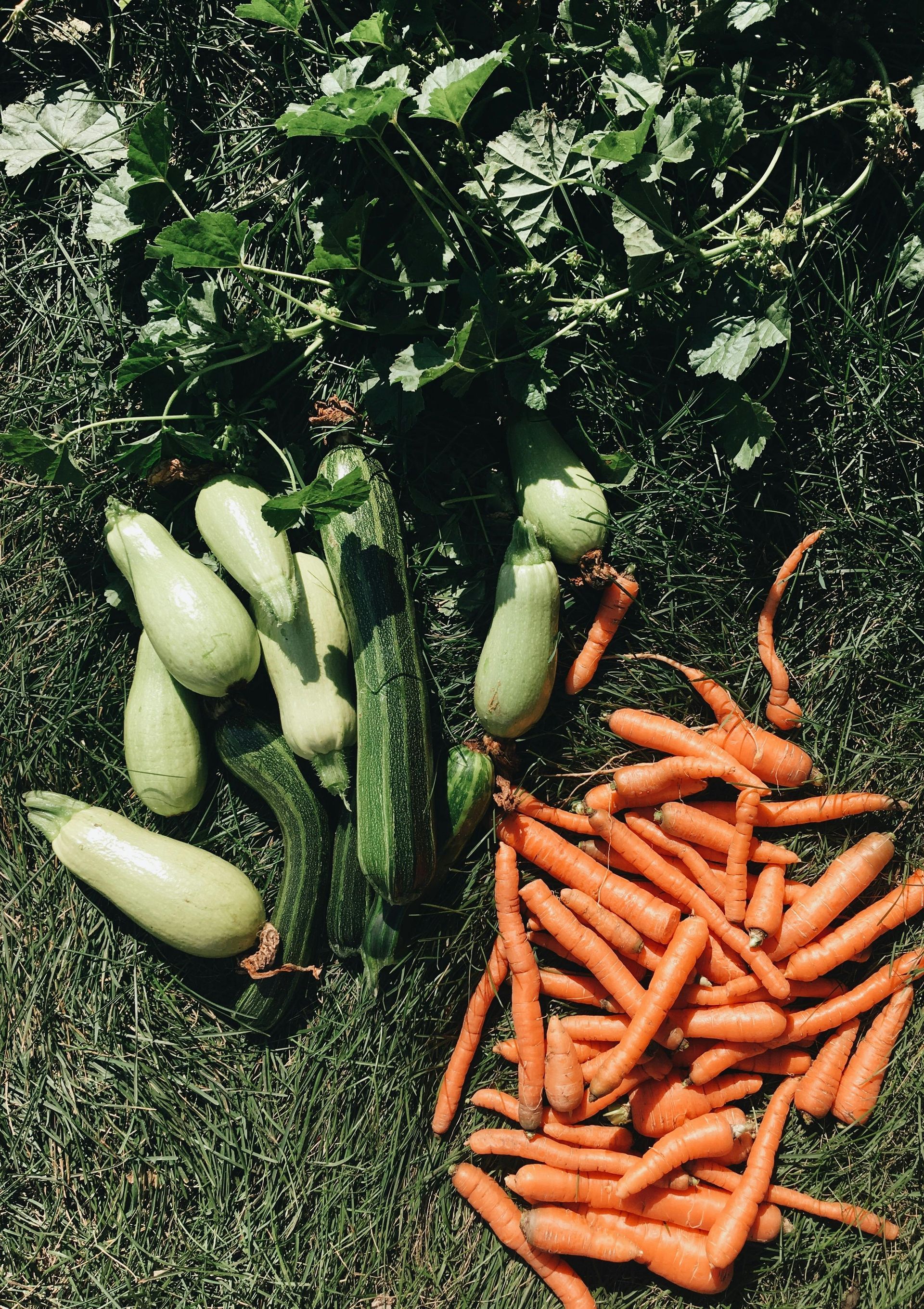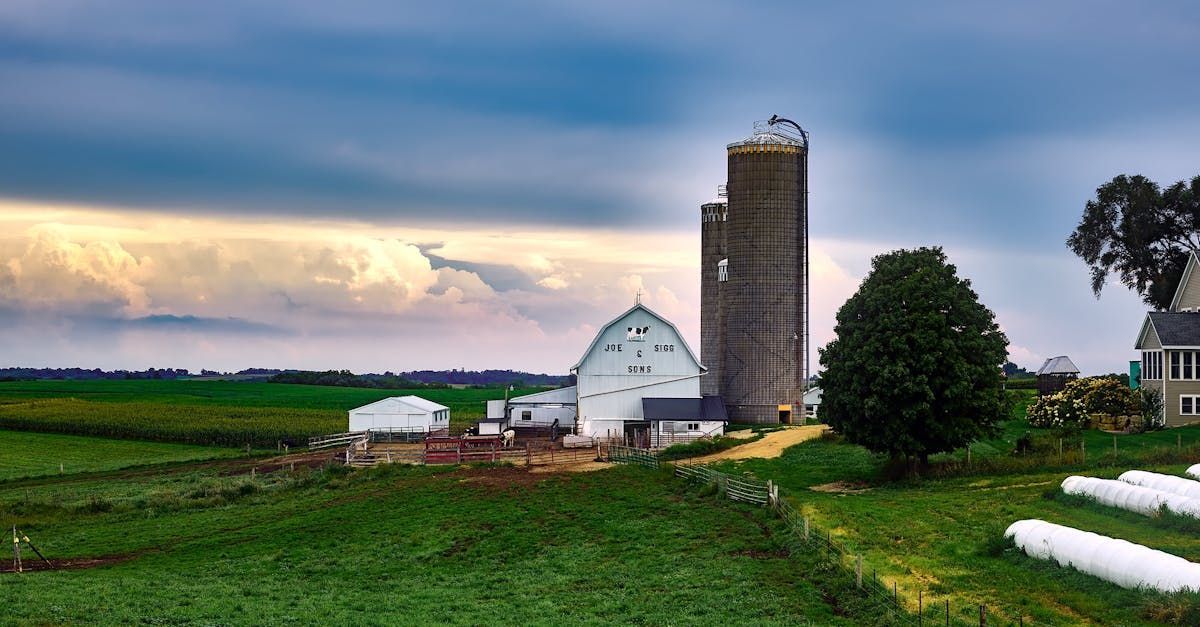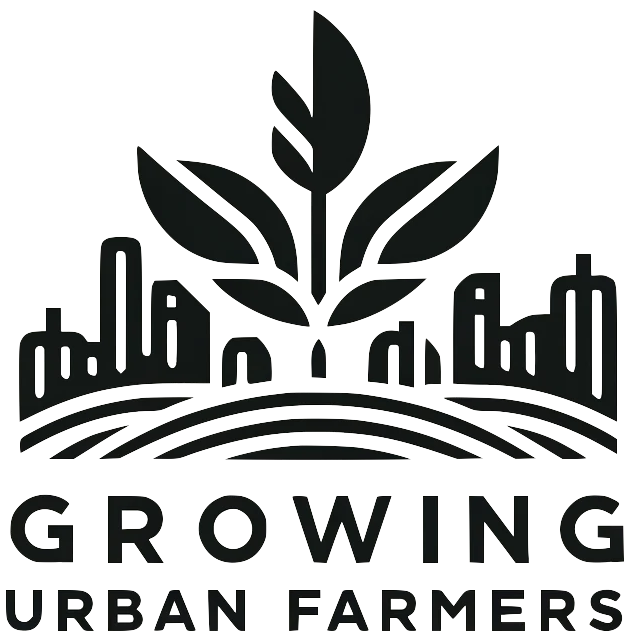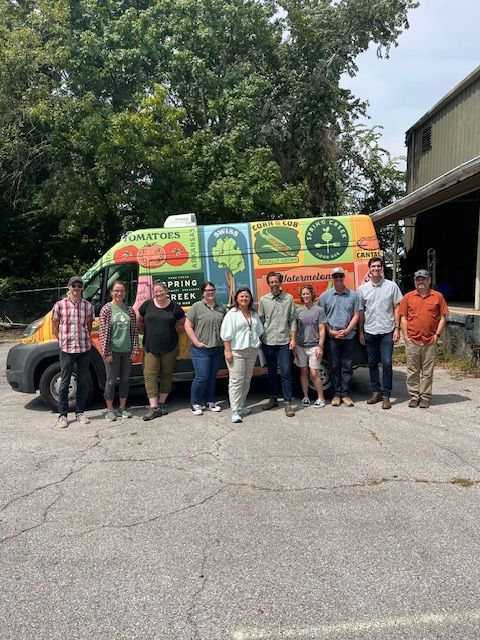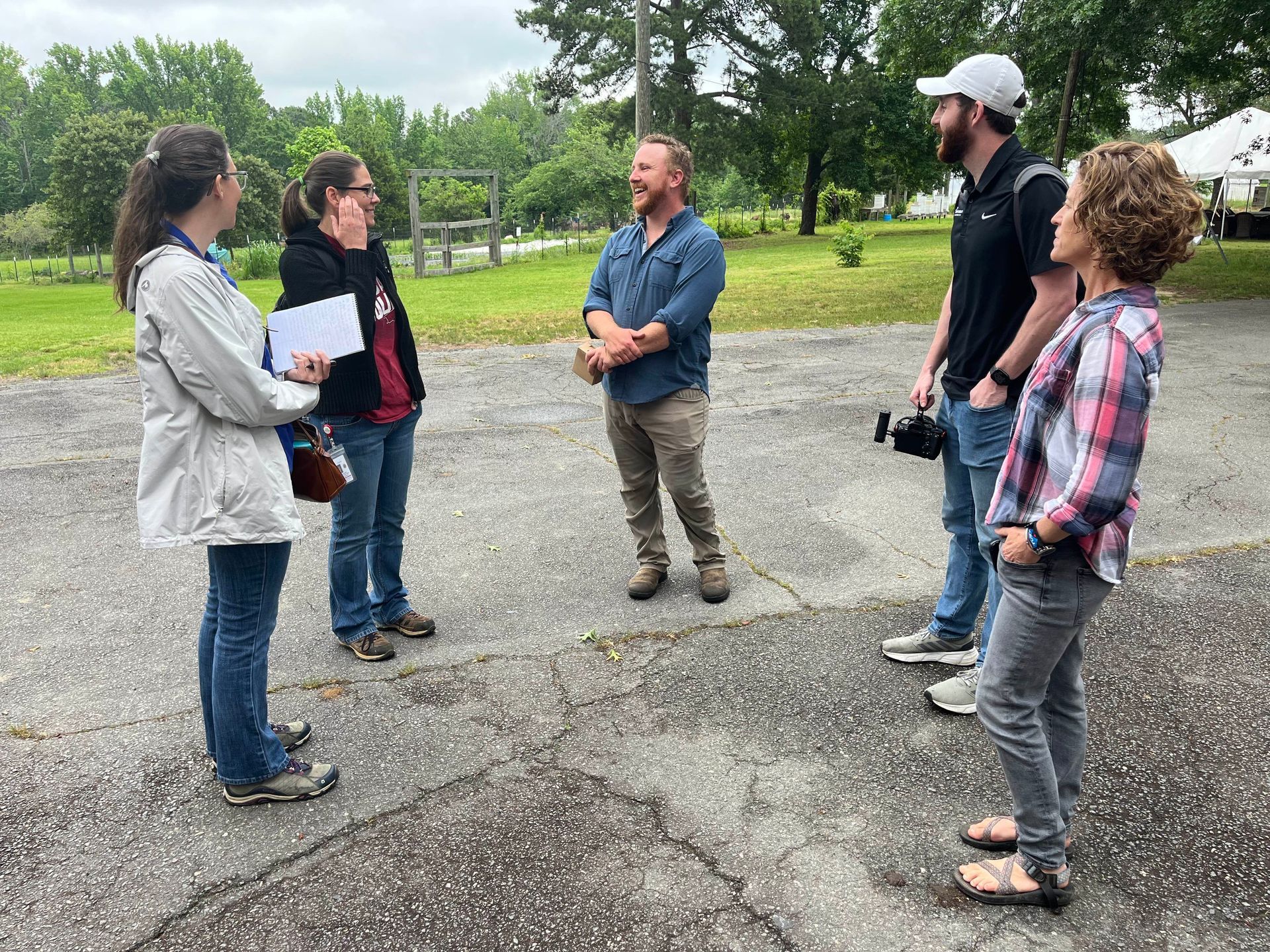What is NRCS and why should farmers use their resources?
What is USDA-NRCS?
The USDA Natural Resources Conservation Service (NRCS) is a critical resource for farmers and landowners seeking to implement sustainable agricultural practices and improve land stewardship. Through various programs, NRCS offers technical expertise, financial assistance, and support to address conservation challenges such as soil erosion, water management, habitat preservation, and climate resilience.
How does a farmer get started with NRCS?
To begin, farmers should connect with their local NRCS office. The process typically involves:
1. Initial Consultation: Meet with an NRCS conservation planner to discuss your farm's specific needs and challenges. They will help you identify conservation goals, such as improving soil health, managing water resources, or creating wildlife habitats.
2. Conservation Planning: The NRCS team will work with you to develop a customized conservation plan that outlines the best practices and strategies to achieve your objectives. This plan serves as a roadmap to guide the implementation of conservation activities on your land.
3. Application for Programs: Based on your conservation plan, you can apply for various NRCS programs that provide both technical and financial assistance. These programs are designed to support a wide range of conservation practices tailored to different types of farms and land management goals.
What are the key NRCS programs for farmers?
1. Environmental Quality Incentives Program (EQIP): EQIP provides financial and technical assistance to help farmers implement conservation practices that address natural resource concerns. It covers a broad spectrum of activities, from soil health improvements and nutrient management to water conservation and wildlife habitat enhancement. EQIP participants can receive funding to offset the costs of implementing these practices.
2. Conservation Stewardship Program (CSP): CSP rewards farmers who are already implementing good conservation practices and want to improve further. The program offers payments for maintaining existing practices and introducing new ones that enhance sustainability and environmental benefits. It is ideal for farmers seeking long-term stewardship of their resources.
3. Agricultural Conservation Easement Program (ACEP): ACEP provides financial support for farmers to protect, restore, and enhance wetlands, grasslands, and other agricultural lands through conservation easements. It is particularly useful for farmers who wish to protect their land from development or to preserve wildlife habitats and open spaces.
4. Regional Conservation Partnership Program (RCPP): RCPP encourages partnerships between NRCS, farmers, local organizations, and other stakeholders to solve regional conservation challenges. It allows farmers to participate in larger-scale conservation projects that address critical natural resource issues on a regional or watershed basis.
5. Emergency Watershed Protection Program (EWP): This program helps farmers recover from natural disasters, such as floods or droughts, by providing technical and financial assistance to restore damaged lands and prevent further environmental degradation.
Why use NRCS programs?
By partnering with NRCS, farmers can achieve several benefits:
- Financial Support: Reduce the cost of implementing conservation practices through grants and cost-sharing.
- Expert Guidance: Access to technical expertise and resources for effective conservation planning and implementation.
- Environmental Stewardship: Contribute to the health of the environment by improving soil, water, and wildlife habitats.
- Enhanced Farm Resilience: Build resilience against climate change, extreme weather events, and other agricultural challenges.
What is the next step?
Farmers interested in NRCS programs should contact their local NRCS office or visit the NRCS website to learn more. The local office can provide details on available programs, eligibility criteria, and application deadlines. By taking advantage of NRCS services, farmers can enhance the sustainability and profitability of their operations while contributing to the conservation of natural resources for future generations.
Conclusion
Using USDA NRCS services is an invaluable step for farmers looking to adopt sustainable practices, reduce costs, and enhance farm productivity. By leveraging the support offered by NRCS, farmers can make meaningful strides toward long-term conservation goals while ensuring the viability of their land and resources. Whether you are just starting or looking to expand your conservation efforts, the NRCS has a program that can help you achieve your objectives.
Share
